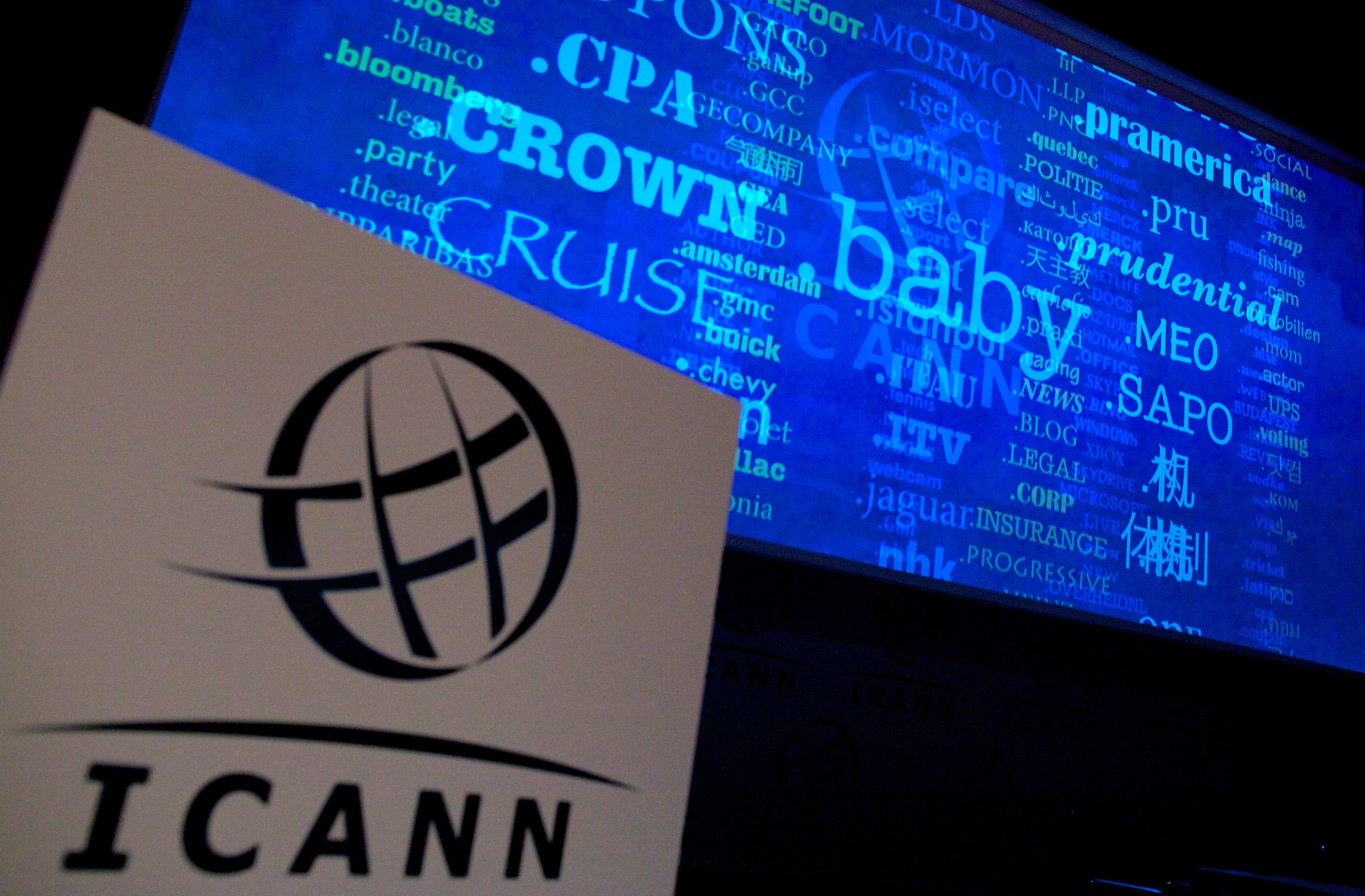The Internet seems pretty stable. No snow days, no blackouts (at least in the West). But in reality the Internet has governing bodies, or at least maintenance groups, just like anything else. And the Internet Corporation for Assigned Names and Numbers (ICANN)—which manages things like computer, server, and website communication—is about to go through a major change.
In 1998 ICANN formed as a nonprofit subcontractor to the Commerce Department’s National Telecommunications and Information Administration. Accordingly, the United States has always had final say at ICANN, though it has rarely chosen to exercise it. But now the Commerce Department has announced that it will cede control of the organization when ICANN’s current contract expires in 2015. Between now and then, interested parties (which in practice will mean governments, major corporations, international organizations like the United Nations, and technical bodies) will come together to determine how exactly ICANN will function.
In the short term, nothing is going to change significantly for individual Internet users. But here’s an example of how things could change down the line. ICANN is the organization that manages the Domain Name System (DNS) and gives out domain names like www.slate.com. ICANN’s maintains the connection between the Web addresses that are easily readable by humans, and the strings of numbers (IP addresses) that tell a computer where to look for the particular data it is being directed to. If a censorship-happy country like China had power over the domain naming process, it could block certain domain names or keep them from ever coming into existence.
And, as Businessweek points out, the countries that have lobbied hardest for the United Nations to take over ICANN and give countries a say have been Russia and China. So why is the United States giving this power up? It’s all about the NSA revelations. Now that so many of the U.S.’s digital surveillance tactics are out in the open, Internet stakeholders don’t want the U.S. having final say at ICANN anymore.
By stepping back now and relinquishing control, the United States sets the precedent that no country should be in charge of ICANN or the Internet, and that the Internet needs to be governed instead by a multinational group of diverse stakeholders. As the New York Times notes, the assistant secretary of commerce for communications and information, Lawrence E. Strickling, told reporters last week that the United States won’t relinquish control of ICANN if governments are the only groups taking over.
The first meeting about the transition process will begin on March 23 in Singapore. And though a series of these meetings should eventually produce a workable solution, it will only be in practice that we can really see how the new oversight body will function. Even with the United States backing ICANN, other countries have still been able to exercise clout in shaping certain policies, especially when it comes to non-Latin alphabets like Cyrillic and Arabic, and character-based languages like Mandarin. Often procuring a domain name in one of these alphabets involves going through an organization that is overseen by a group of governments and could be susceptible to diplomatic or political influence. For example, ICANN opened up international top-level domains (the .com part of a web address) in 2010, and they have been adopted widely. Russia oversees top-level domains like .ru and .рф.
The United States is doing the right thing by stepping back and letting the international community develop a new system for backing ICANN. In the next few years there won’t be major or even noticeable differences in the Internet, but over time this change could cause unexpected problems and destabilization. Scary stuff.
